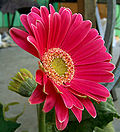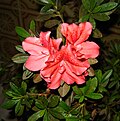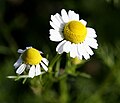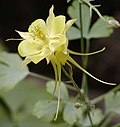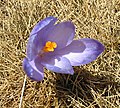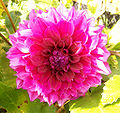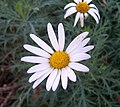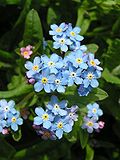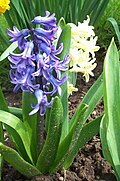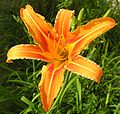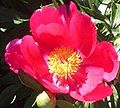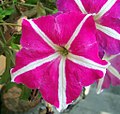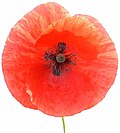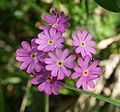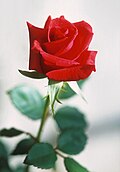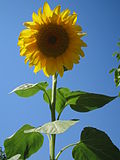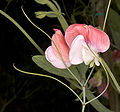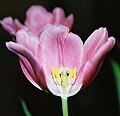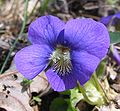Difference between revisions of "AY Honors/Flowers/Answer Key"
From Pathfinder Wiki
m |
|||
| (One intermediate revision by the same user not shown) | |||
| Line 1: | Line 1: | ||
| − | |||
{{honor_header|2|1928|Nature<br>General Conference<br>2001 Edition}} | {{honor_header|2|1928|Nature<br>General Conference<br>2001 Edition}} | ||
| Line 83: | Line 82: | ||
===e. Watch a flower for at least ten minutes in the sunshine, and at least ten minutes after dusk, and report on insect visitors. State the number and kind of visitors and name of flower.=== | ===e. Watch a flower for at least ten minutes in the sunshine, and at least ten minutes after dusk, and report on insect visitors. State the number and kind of visitors and name of flower.=== | ||
| + | |||
| + | [[Category:Adventist Youth Honors Answer Book]] | ||
Revision as of 02:16, 19 July 2006
1. Draw or photograph 35 kinds of wild flowers and identify them correctly.
You may wish to take the pictures in a botanical gardens or greenhouse of some sort, because all the information is right there on the nameplate!
- Clematis jackmanii 2.jpg
Clematis
2. Draw and properly label, or point out the actual parts of a flower: pistil, stamen, petal, sepal.
http://www.prairiefrontier.com/pages/families/flwrparts.jpg
3. Name six flower families and their distinguishing characteristics. Name at least two flowers in each family.
Rosaceae - Rose Family
4. Describe the life story of a particular flower, including the part played by insects or wind in pollination.
5. Name at least two plants that are poisonous to touch, and state which, if any, are found in your locality.
6. Do three of the following:
a. Arrange, draw or photograph a series of at least six flowers showing in order the colors of the rainbowCred, orange, yellow, green, blue, violet.
b. Submit fresh, pressed or dried flowers which have: five petals, four petals, three petals, no petals.
c. Distinguish and name two out of five wild or cultivated flowers by their odor, while blindfolded.
d. List flowers that you have observed being visited for food by the following:
- 1. Birds:
- 2. Honeybees:
- 3. Bumblebees:
- 4. Butterflies:
- 5. Moths:
